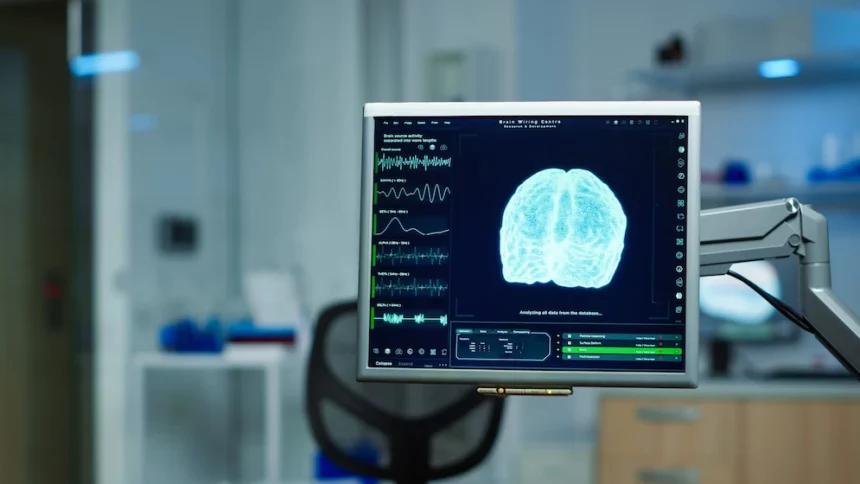A new study, released online in the peer-reviewed journal Biological Psychiatry: Cognitive Neuroscience and Neuroimaging, showed how certain brain activity could predict symptoms of autism spectrum disorder among infants.
Conducted by a group of researchers at the University of California, Los Angeles, they initiated electroencephalography (EEG) tests on 65 infants at 3 months old. 29 were at low familial risk of autism, while 36 were at high risk.
At 18 months old, the participants were assessed again by a clinician for any development of autism. Computer modeling was used to predict symptom outcomes at 18 months by examining the infants’ neural activity.
“Support vector regression analysis was used to predict ASD symptoms at age 18 months, with ASD symptoms quantified by the Toddler Module of the Autism Diagnostic Observation Schedule, Second Edition,” according to the findings.
The predictions based on computer modeling correlated with the reported symptoms among the participants. The model lacked the prediction of verbal and non-verbal measurements, both hallmark traits of autism, indicating that the brain connectivity pattern might be a specific marker of autism, researchers suggest.
“Lower frontal connectivity and higher right temporoparietal connectivity at 3 months predicted higher ASD symptoms at 18 months,” the findings explain. “The support vector regression model did not predict cognitive abilities at 18 months, suggesting specificity of these brain patterns to ASD.”
Overall, the results give credence to the notion that disrupted brain connectivity may explain the development of autism.
“Identifying early neural differences that precede an ASD diagnosis could promote closer monitoring of infants who show signs of neural risk and provide a crucial opportunity to mediate outcomes through early intervention,” researchers concluded.


